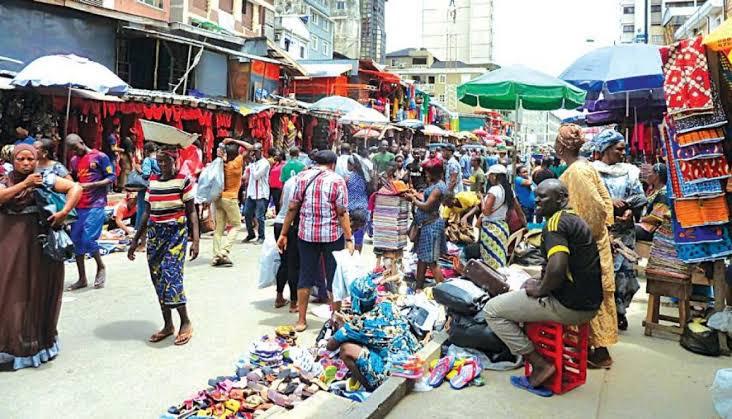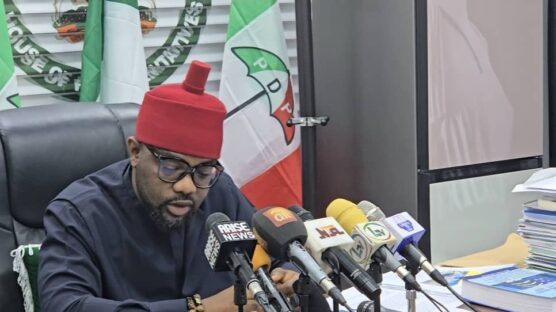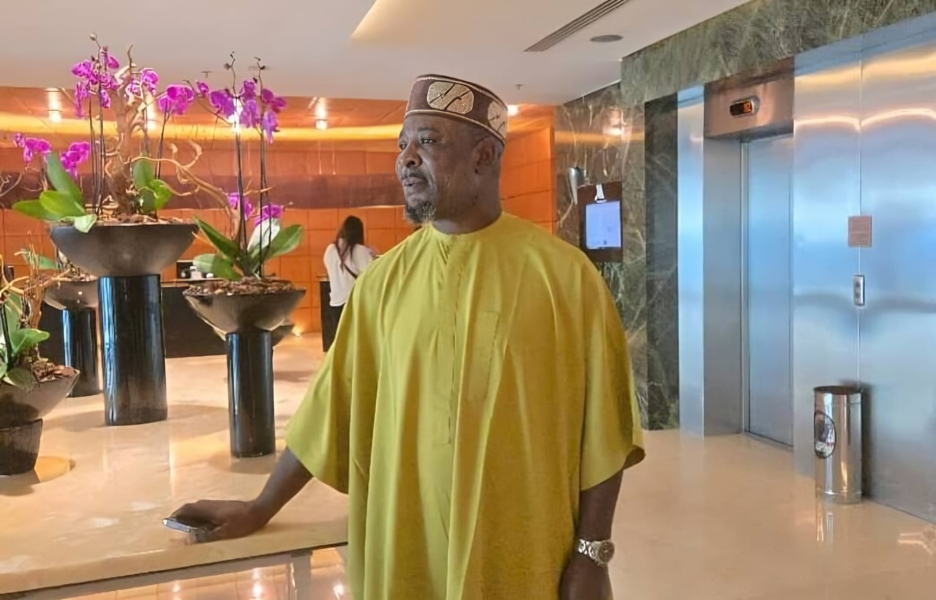As the festive season approaches, Nigerians are confronting an economic crisis that has overshadowed the usual holiday cheer.
Under President Bola Tinubu’s Renewed Hope agenda, the nation continues to struggle with soaring inflation, a depreciating naira, and the ripple effects of the fuel subsidy removal.
Despite promises of long-term benefits, the realities on the ground paint a grim picture. Inflation has hit a two-decade high of 33.88%, with food inflation at 39.16%, making staple items like rice and beans unaffordable for many.
Transportation costs have increased, businesses are closing, and millions are sliding further into poverty.
The naira’s steep decline against the dollar, now trading at N1,710 to $1 on the parallel market, has further compounded the economic challenges, leaving small businesses struggling to survive.
With Christmas around the corner, markets that once buzzed with activity are subdued, with traders lamenting low sales.
“Everything has tripled in price. I can’t even afford rice for Christmas, and my rent is due,” Deborah, a Lagos-based trader told ThisDay.
On his part, social commentator Akin Oyewale said: “It’s been 18 months since this administration began. Nigerians are still grappling with the consequences of subsidy removal, record-high inflation, and a weak naira. Hope is not a strategy.”
Economic analysts agree that some of Tinubu’s reforms, such as the removal of the subsidy, were necessary but argue that the government has failed to cushion the impact on ordinary Nigerians.
“The subsidy removal was inevitable, but the absence of immediate palliatives has left the populace worse off,” said a Lagos-based economist.
Minister of Information Idris Mohammed defended the administration’s approach, stating that funds saved from the subsidy removal are being channelled into high-impact projects and programs.
However, critics like good governance advocate Jacob Nwosu question the transparency and accountability of these efforts.
“Where is the accountability? Funds are announced, but there is no transparency in their distribution. People are suffering, and they see no relief in sight,” he said.
While some argue that governance requires patience, others are growing increasingly impatient.
“Governance is not magic,” said Abiola Olatunji, a member of the ruling party.
“The Renewed Hope agenda was always going to take years to materialize. Nigerians need to give this administration room to work,” he added.
However, Oyebisi Maruf disagreed, saying, “Nigerians are resilient, but this resilience has been abused for too long. The people need tangible results—not slogans, not promises, but real improvements in their daily lives.”



